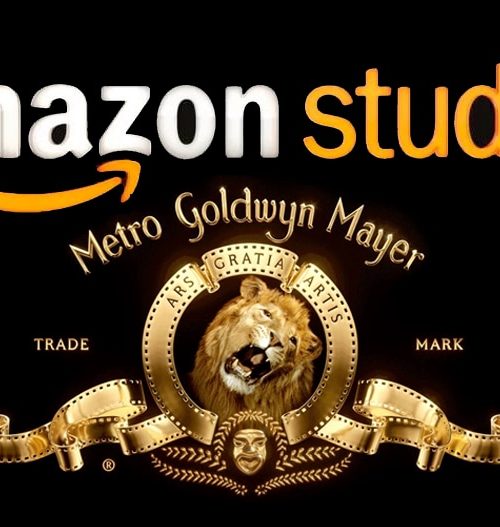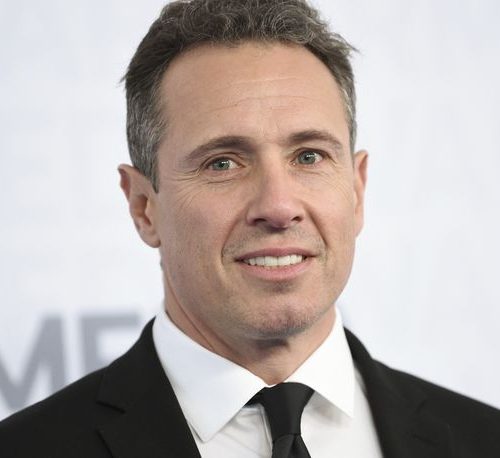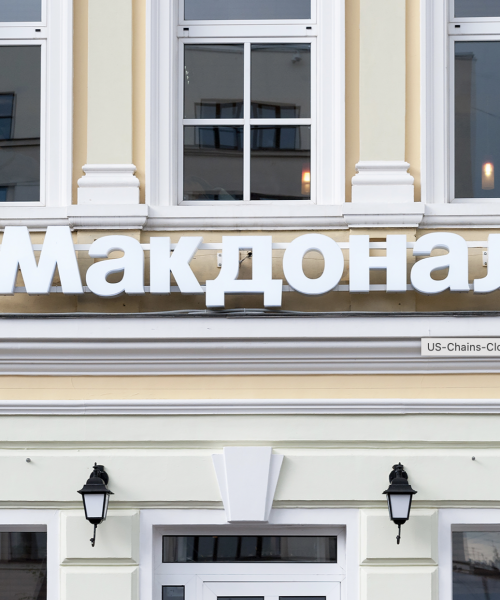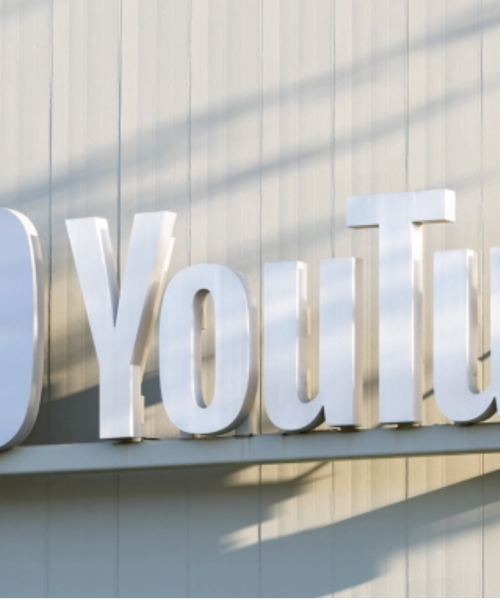BY SCOTT ROXBOROUGH | HollywoodReporter.Com
Troy Warren for CNT #Business
The worldwide consolidation of independent producers looks likely to continue in 2022 as the global streaming boom pushes up both demand and budgets for film and TV series.
The worldwide consolidation of independent production companies, which picked up pace in 2021, looks likely to continue through 2022 as the global streaming boom pushes up both demand and budgets for film and TV series.
Beyond the planned multi-billion-dollar entertainment mega-merger of Discovery and AT&T’s WarnerMedia, among the biggest content-centric deals of 2021 were Amazon’s $8.45 billion deal to buy MGM in May, Reese Witherspoon’s $900 million sale of her Hello Sunshine shingle (producer of The Morning Show and Big Little Lies) in August to a firm backed by private-equity giant Blackstone Group, Creative Artists Agency’s Oct. 4 acquisition of competitor ICM Partners, financial details of which were not disclosed, and the $775 million agreement by South Korean production giant CJ Entertainment — the company behind Parasite — to acquire an 80 percent stake of the scripted business of Endeavor Content, unveiled Nov. 18.
All can be seen as a reaction to a power shift in the industry as streaming and other digital entertainment grows in importance and traditional revenue streams, including theatrical box office, become less significant. Amazon’s MGM deal gives Jeff Bezos’ global conglomerate, and its Amazon Prime streaming service, a deep library of film and TV content, including the James Bond franchise.
The Hello Sunshine deal, valued at $900 million, spearheaded by former Disney executives Kevin Mayer and Tom Staggs, was followed up with a Nov. 4 agreement to buy kids entertainment group Moonbug Entertainment, producer of CoComelon and Blippi, for a reported $3 billion, and a deal, valued at around $50 million, and expected to close early 2022, to purchase Faraway Road Productions, the Israeli company behind Fauda and Hit & Run.
Suitors are reportedly also eyeing other high-profile production groups, from Imagine and Legendary to Lebron James’ SpringHill Entertainment.
The CJ/Endeavor tie-up is an opportunity for both companies to boost their production potential and take a bigger share of growing licensing and commissioning revenues from the streamers. The deal, and access to Endeavor’s content library, including hit series Killing Eve and Normal People and films such as a Just Mercy and Book Club, will also help CJ as it rolls out its South Korean streaming service TVING worldwide.
“This transaction further underscores the enduring value of talent and premium content,” noted Endeavor CEO Ariel Emanuel.
For CAA and ICM, linking up is a way to maintain leverage for top talent — CAA clients include Scarlett Johansson, Ryan Murphy and Meryl Streep, ICM’s roster boasts Shonda Rhimes, Samuel L. Jackson and Regina King — particularly following new agreements between the agencies and the Writers Guild of America banned so-called packaging deals. CAA co-chairman Bryan Lourd spoke out recently on behalf of CAA client Johansson when the actress sued Walt Disney Co. over her compensation from Black Widow after Disney did a simultaneous release of the Marvel movie in cinemas and on its Disney+ streaming platform.
But the push to go big or go home extends beyond Hollywood power players. Around the world, independent television and film companies are linking up, or being bought out, as the streaming revolution transforms the business. Recent acquisitions include Sony Picture Television’s Dec. 1 buyout of fast-rising British production group Bad Wolf, the company behind the HBO/BBC fantasy series His Dark Materials and crime drama The Night Of (a deal reportedly valued at around $80 million); the July 5 agreement by France’s Mediawan (Call My Agent!) and Germany’s Leonine Studios (Dark) to take a 51 percent stake in U.K. TV shingle Drama Republic (Doctor Foster); Fremantle’s acquisition of Abot Hameiri, the Israeli production company behind international drama hit Shtisel, in April of this year; and ITV Studios taking a controlling stake in Denmark’s Apple Tree Productions, the outfit founded by The Killing producer Piv Bernth, in March.
BBC Studios, the British public broadcaster’s commercial arm, has been quietly gobbling up independent production companies for several years now, most recently (on Dec. 14) taking full control of House Productions, producers of Benedict Cumberbatch-starrer Brexit: The Uncivil War and the upcoming BBC mini-series Sherwood. The deal followed similar buyouts (in January 2021) of Clerkenwell Films, producers of indie TV hits Misfitsand The End of the F***ing World, and Gentleman Jack producers Lookout Point (in 2018). BBC Studios also holds a 73 percent stake in Steve Coogan’s shingle Baby Cow.
Indie production giants ITV, Fremantle and Banijay have been playing the consolidation game for a long time now: ITV has some 60 production labels in 12 different countries, Fremantle oversees around 40 standalone entities in 20 territories, and Banijay, whose $2.2 billion takeover of Endemol Shine last year made it the biggest of the 800-pound gorillas, has 120 shingles across 22 territories.
Newer players following their global model include True Detective and Mr. Robot producer Anonymous Content, which has set up joint ventures in the U.K. (Chapter One), Scandinavia (AC Nordic) and South America (AC Brazil) and on Nov. 29 announced it was launching a France-based TV label Anonymous/Federation together with Euro firm Federation Entertainment, producer of French hit The Bureau.
Alongside Sony — which adds Bad Wolf to its growing stable of British drama companies, which include The Crown producer Left Bank Pictures and Sex Education shingle Eleven — ViacomCBS has also been active in locking in global production partnerships though Viacom’s deals usually fall short of full buyouts. Recent deals include ViacomCBS’ Dec. 7 agreement with CJ Entertainment which will see the pair co-develop and co-finance scripted series and movies, many of which will likely end up on ViacomCBS streamer Paramount+, which launches in South Korea next year. ViacomCBS forged a similar co-production deal on July 19 with Italy’s Leone Film Group (Paolo Genovese’s Perfect Strangers) which will secure a steady stream of Italian content targeting both local networks and global streamers.
The demand for content and the resulting pressure on production companies to get bigger is only set to increase in the coming years. On December 9, ITV has outlined an ambitious five-year plan that would see the company double its number of high-end scripted hours from 200 to 400 by 2026, together with a near-doubling of the proportion of its total revenues coming from streamers to around 25 percent. ITV CEO Carolyn McCall said the goals were “broadly in line with the global content market,” an indication of where the business is moving
ViacomCBS seems to agree. In May, CEO Bob Bakish and chair Shari Redstone forecast global streaming revenues at the group would top $7 billion by 2024 as Paramount+ and its ad-backed Pluto TV platform roll out worldwide.
In its annual look at the media and entertainment sector, PricewaterhouseCoopers forecast that streaming or OTT video revenue will top $94 billion by 2025, a 60 percent jump on 2020 figures.
On the independent film side, an alternative model comes from The Creatives, a new alliance, announced Nov. 22, that would see some of the world’s most prestigious art house producers join forces to co-develop a slate of high-end films and drama series. Spearheaded by France’s Haut Et Court, whose credits include Yorgos Lanthimos’s 2015 film The Lobster and the French-Israeli series No Man’s Land, The Creatives will include No Man’s Land Israeli co-producers Spiro Films and The Lobster‘s Dutch co-producer Lemming Film, Versus Production in Belgium and Masha Productions in the U.S., as well as German group Razor Film (Quo Vadis, Aida?), the Norwegian group Maipo Film (State of Happiness), French company Unité, which produced Netflix drama Mythomaniac, and the British shingle Good Chaos, whose upcoming features include Ruben Ostlund’s Triangle Of Sadness. The Creatives have signed a three-year partnership deal with Fremantle to develop and fund high-end drama series. Haut Et Court co-Founder Carole Scotta said new cooperative model would help “protect the independent development process that has been the backbone of storytelling in Europe for decades. We unite in order to stay as free and creatively interesting as possible, and supply films and series which audiences will respond to.”
Expect 2022 to bring more corporate hook-ups and more creative models of cooperation as players in the global production industry position themselves to capitalize on the next wave of streaming expansion, driven as much by the international roll-out of studio-backed platforms (HBO Max, Paramount+, Peacock) as by regional players with pan-national ambitious, from Korea’s TVING to Scandinavian streamer Viplay to France’s Canal+.
But bigger does not always mean better. The April 2020 merger between Hustlers and Bad Moms producer STX Entertainment and Mumbai-based Eros International lasted barely a year, before STX, which lacks a strong TV operation or deep library to supply to streamers, was sold off, for $173 million, to Jahm Najafi’s Phoenix-based The Najafi Companies, in a deal announced Dec.7.
In Other NEWS




































